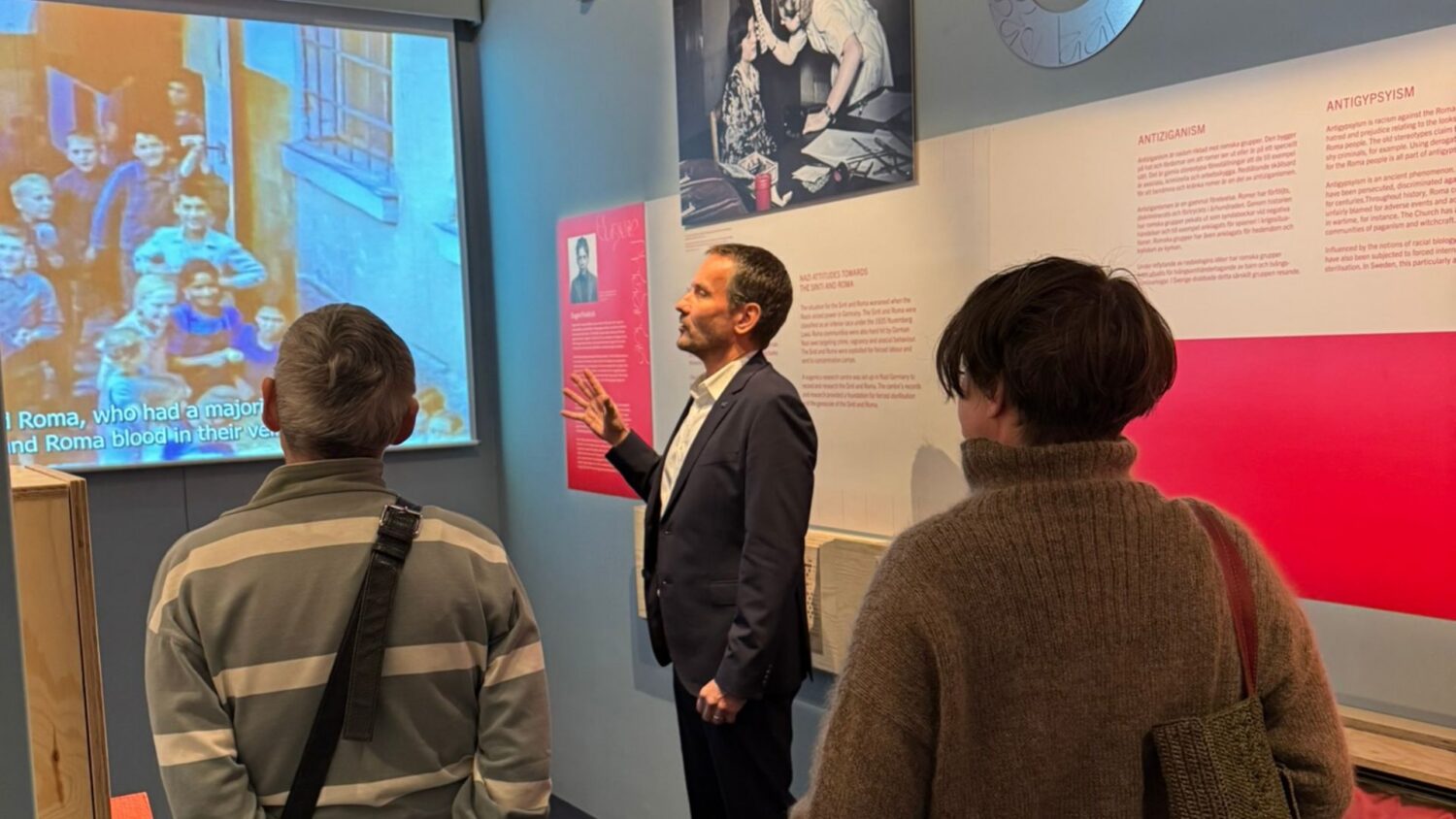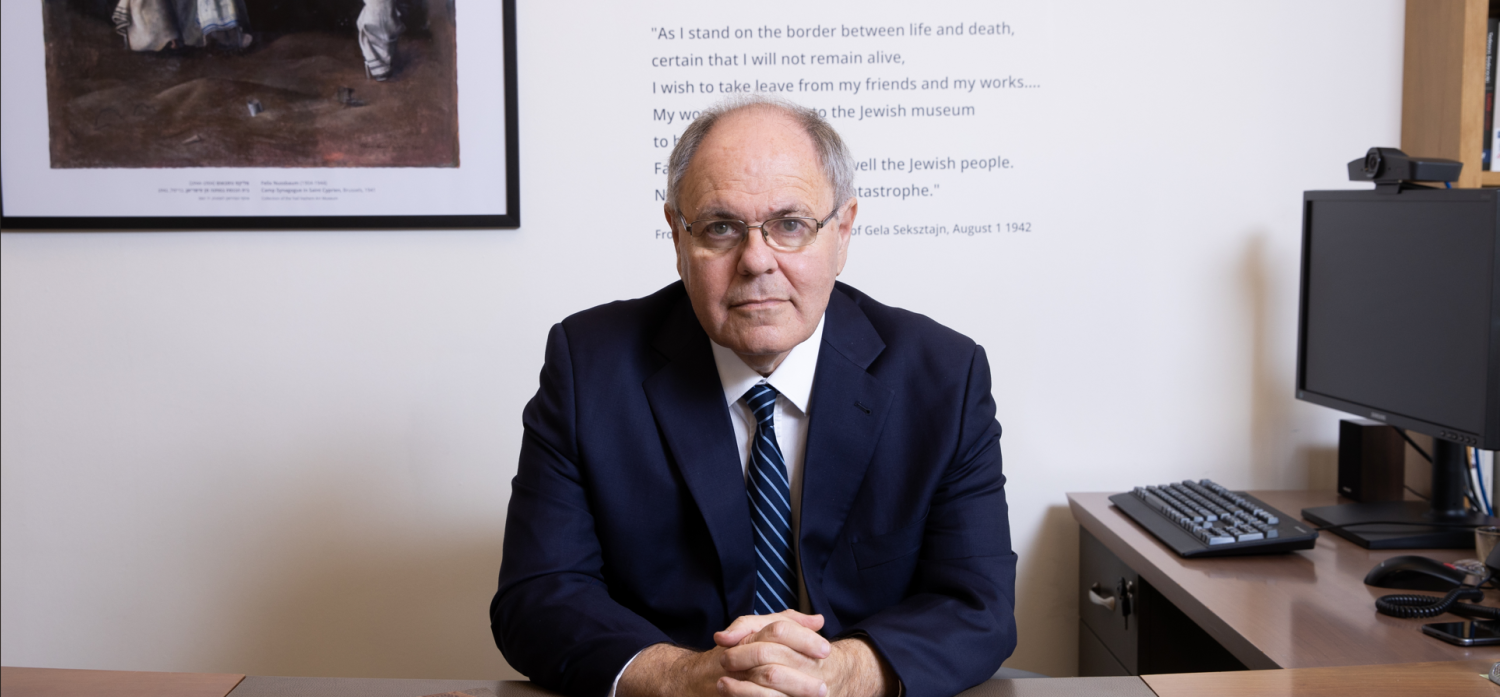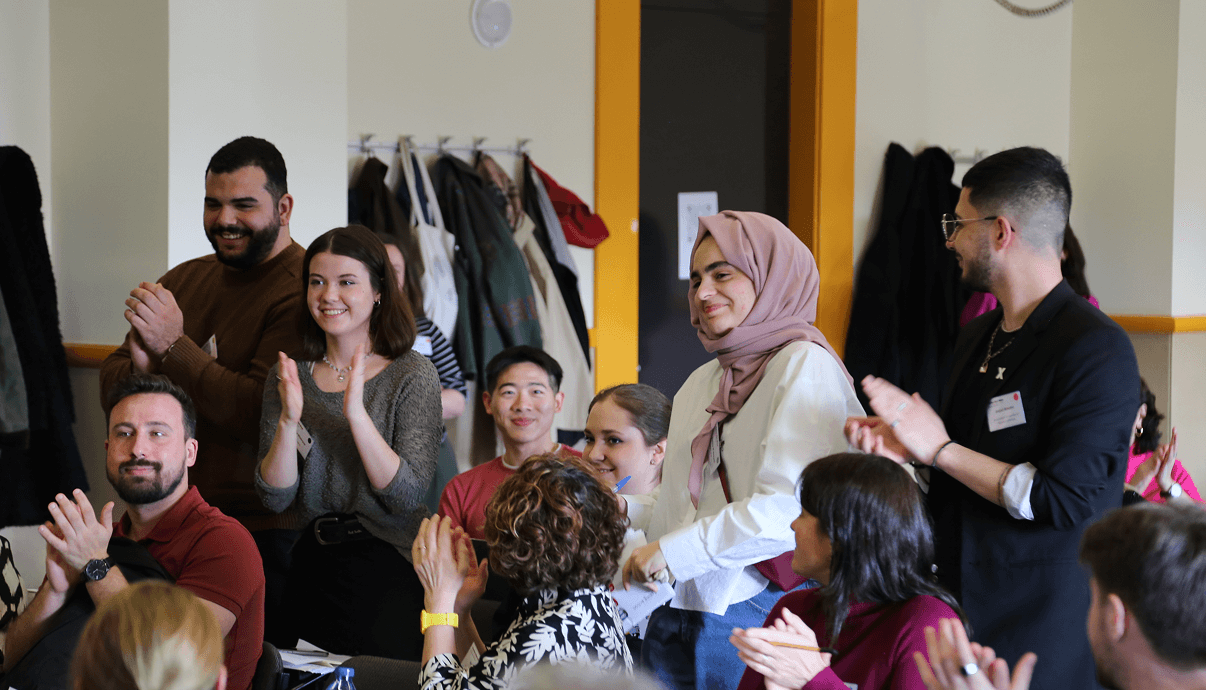Search the IHRA Website
Search Results for:
Search Results for:


Antisemitism takes many forms and varies across different national and cultural contexts. For educators, teacher trainers, and policymakers, knowing how to identify and respond to antisemitism and which tools are available for it is essential.

IHRA Chair and Secretary General express shock at the murder of two Israeli embassy staff members on 21 May, outside the Capital Jewish Museum in Washington D.C and call on governments and institutions worldwide to ensure the protection of Jewish communities and institutions.


How two museums are advancing remembrance of the genocide of the Roma through the IHRA Recommendations for Teaching and Learning about the Persecution and Genocide of the Roma during the Nazi Era


Dani Dayan is the IHRA Chair of the Israeli IHRA Presidency 2025. We spoke with him about Holocaust remembrance and survivors' legacy.


A new report by ENMA, the European Network on Monitoring Antisemitism, sheds light on the persistent threat of Holocaust distortion from a cross-European perspective.



The IHRA-UNESCO capacity building training program provides a comprehensive platform of practical tools, examples and resources to learn about and prevent Holocaust distortion.


The International Holocaust Remembrance Alliance (IHRA) is calling on governments and the public to recognise and take action against the unprecedented rise in antisemitism, as the world prepares to commemorate 80 years since Victory in Europe Day (VE Day) and the liberation of Nazi concentration camps.


An innovative educational and digital tool, "Stories That Move" encourages learning through sharing real-life stories and experiences in the classroom, allowing younger generations to reflect on the importance of combating antisemitism and various other forms of discrimination.
We develop tools that empower people to safeguard the record and
counter distortion.
This page collects all of our resources in one place.
Resources